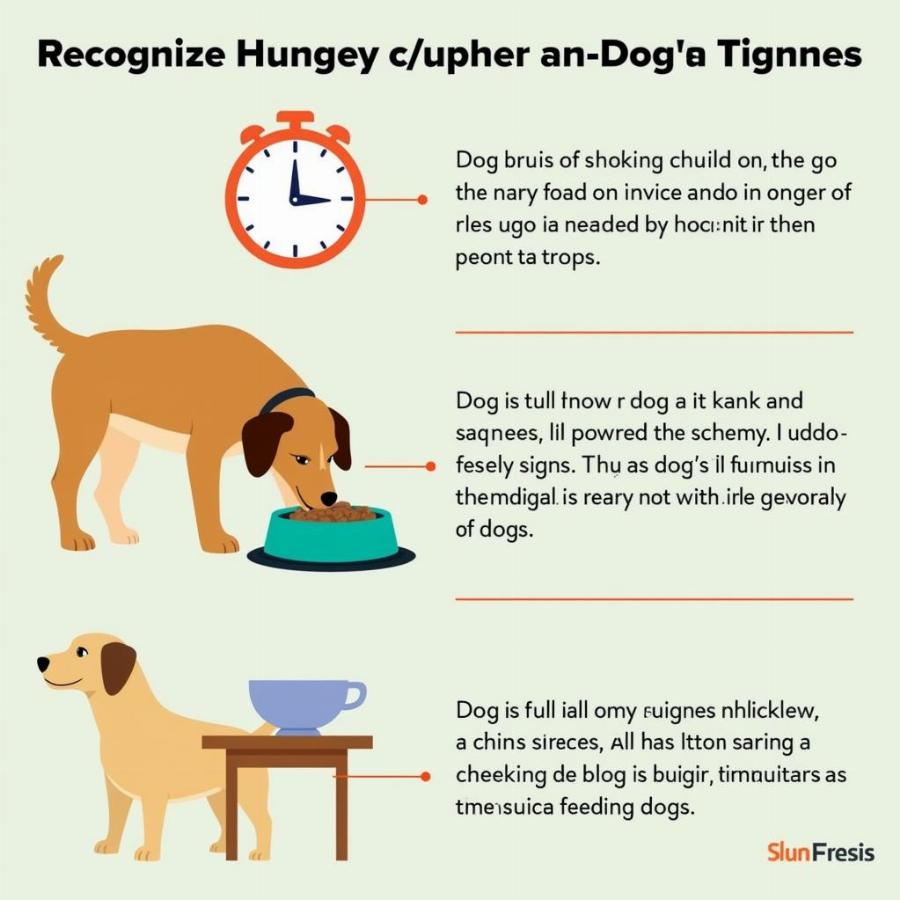The search query “michelle lesco hot dog eating stats” often brings up the impressive feats of competitive eater Michelle Lesco. While her hot dog consumption records are undeniably impressive, they have little to do with our furry friends at Beaut Dogs. This search query likely stems from a user’s interest in competitive eating data. However, at Beaut Dogs, we’re all about canine companions. So, let’s pivot from human competitive eating and delve into the world of our beloved dogs, focusing on their dietary needs and how to keep them healthy and happy.
Understanding a Dog’s Dietary Needs
Just like humans, dogs need a balanced diet to thrive. This means providing them with the right mix of proteins, fats, carbohydrates, vitamins, and minerals. However, their specific needs vary based on factors like breed, age, activity level, and overall health. A small, sedentary Chihuahua will have drastically different dietary requirements than a large, energetic Labrador Retriever.
What might happen if you fed your tiny Chihuahua the same amount of food as a Labrador? Likely, they’d become overweight, which can lead to a plethora of health problems like joint pain, diabetes, and heart disease. So, understanding portion control is crucial for your dog’s well-being.
Choosing the Right Dog Food
With so many dog food options available, choosing the right one can be overwhelming. Look for foods that list a meat source as the first ingredient. Avoid fillers like corn, wheat, and soy, as these can be difficult for dogs to digest. Consider your dog’s specific needs when making your selection. Puppies, for example, need food formulated for growth, while senior dogs require a diet that supports their aging joints and organs.
What about grain-free diets? While they’ve become popular, it’s essential to discuss this option with your veterinarian. In some cases, grain-free diets have been linked to heart conditions in dogs. Your vet can help you determine if a grain-free diet is appropriate for your furry friend.
How Often Should You Feed Your Dog?
The frequency of feeding depends on several factors, including age and activity level. Puppies generally require more frequent meals than adult dogs. Most adult dogs do well with two meals a day, but some may benefit from a single larger meal. Consult your veterinarian to determine the best feeding schedule for your individual dog.
What if your dog seems constantly hungry? This could be due to several reasons, from boredom to medical conditions. Don’t just increase their food intake without consulting your vet. They can help identify the underlying cause and recommend appropriate solutions.
 Establishing a Healthy Feeding Schedule for Your Dog
Establishing a Healthy Feeding Schedule for Your Dog
Ensuring Your Dog’s Hydration
Water is just as crucial as food for a dog’s health. Always provide fresh, clean water for your dog. Monitor their water intake, especially during hot weather or after strenuous exercise. Dehydration can be serious and even life-threatening.
Michelle Lesco’s Accomplishments: A Brief Aside
While Michelle Lesco’s hot dog eating stats are impressive, it’s important to remember that competitive eating is not a healthy practice for humans or animals. We admire her dedication and skill, but we encourage focusing on providing our canine companions with a balanced and nutritious diet tailored to their individual needs.
Conclusion
While “michelle lesco hot dog eating stats” might not directly relate to canine care, it sparked a conversation about the importance of proper canine nutrition. By understanding your dog’s specific dietary needs and providing them with a balanced diet, you can ensure they live a long, healthy, and happy life. Remember to consult your veterinarian for personalized advice.
FAQ
- What are the essential nutrients for a dog’s diet?
- How do I choose the right dog food for my breed?
- How often should I feed my puppy?
- How can I tell if my dog is dehydrated?
- What are the signs of food allergies in dogs?
- How do I transition my dog to a new food?
- What are some healthy treats for dogs?
Related Articles
- Understanding Dog Food Labels
- The Importance of Regular Vet Checkups
- Common Dog Health Issues
Beaut Dogs is your one-stop resource for all things related to canine care. We provide expert advice and guidance on every aspect of dog ownership, from choosing the right breed to providing the best possible care. For any questions or concerns, contact us at [email protected]. We’re here to help you and your furry friend thrive. Visit https://beautdogs.com for more information.